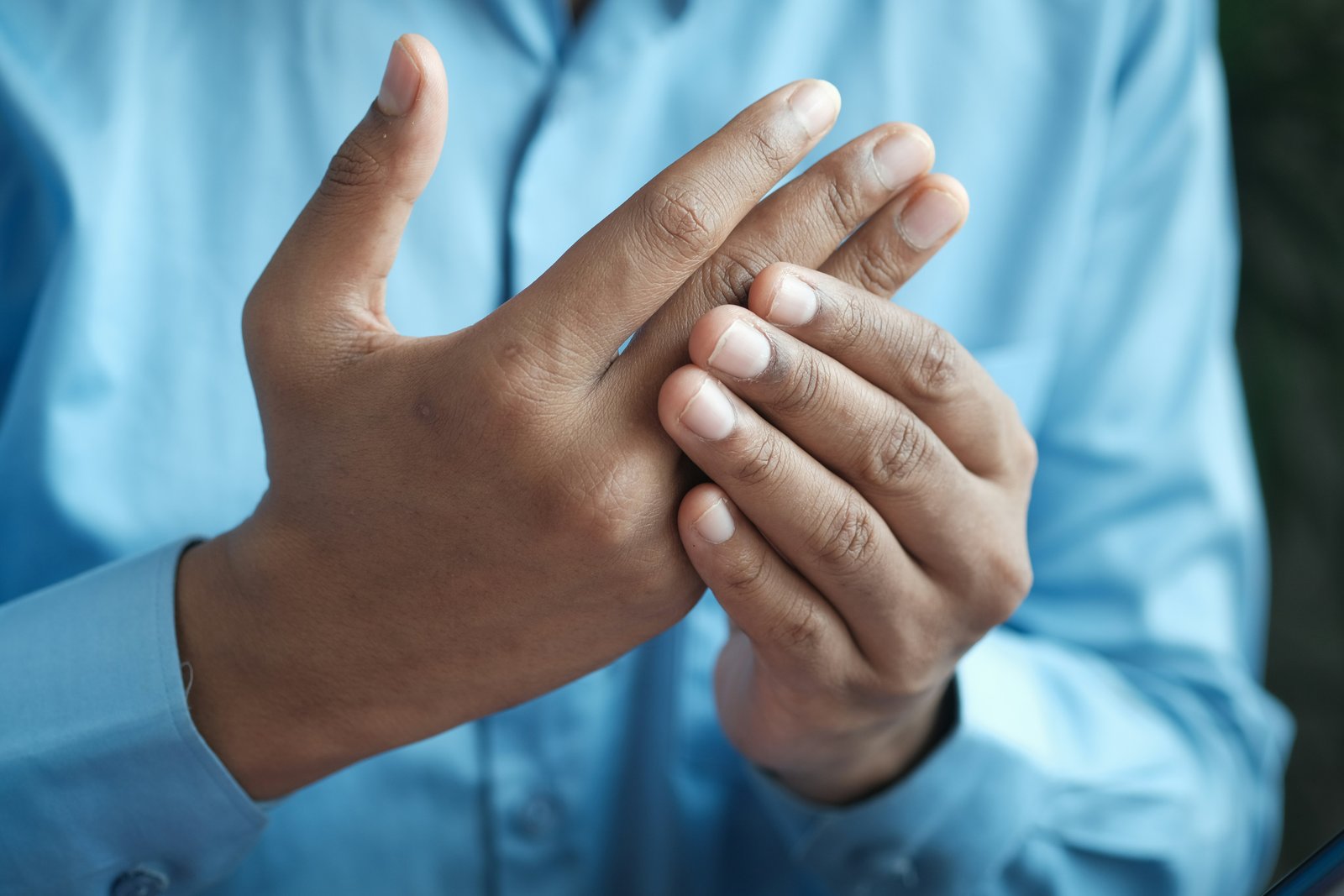Understanding Arthritis: Types and Symptoms
Arthritis is a common condition that affects millions of people worldwide. It is characterized by inflammation and stiffness in the joints, leading to pain and reduced mobility. While there are over 100 different types of arthritis, the most common ones include osteoarthritis, rheumatoid arthritis, and psoriatic arthritis.
Osteoarthritis is the most prevalent form of arthritis and is often associated with aging and wear and tear on the joints. Rheumatoid arthritis, on the other hand, is an autoimmune disease that causes the immune system to attack the joints, leading to inflammation and joint damage. Psoriatic arthritis is a type of arthritis that occurs in individuals with psoriasis, a skin condition.
The symptoms of arthritis can vary depending on the type, but common signs include joint pain, swelling, stiffness, and reduced range of motion. It is important to consult a healthcare professional for an accurate diagnosis and appropriate treatment plan.
Pain Management Techniques for Arthritis
Living with arthritis can be challenging, but there are various pain management techniques that can help alleviate symptoms and improve quality of life.
1. Medications: Over-the-counter pain relievers, such as acetaminophen and nonsteroidal anti-inflammatory drugs (NSAIDs), can provide temporary relief. Prescription medications may be recommended for more severe cases.
2. Physical Therapy: Working with a physical therapist can help improve joint flexibility, strength, and overall function. They can also provide guidance on proper body mechanics and exercises to reduce pain and prevent further joint damage.
3. Hot and Cold Therapy: Applying heat or cold to affected joints can help reduce inflammation and relieve pain. Hot packs or warm baths can relax muscles and improve blood circulation, while cold packs can numb the area and reduce swelling.
4. Assistive Devices: The use of assistive devices, such as braces, splints, or canes, can help support joints, reduce strain, and improve mobility.
5. Alternative Therapies: Some individuals find relief through alternative therapies like acupuncture, massage, or herbal supplements. While the effectiveness of these treatments may vary, they can be worth exploring under the guidance of a healthcare professional.
Lifestyle Modifications for Arthritis
In addition to pain management techniques, making certain lifestyle modifications can significantly impact arthritis symptoms and overall well-being.
1. Regular Exercise: Engaging in low-impact exercises, such as swimming, cycling, or yoga, can help strengthen muscles, improve joint flexibility, and reduce pain. It is important to consult a healthcare professional or a certified trainer for appropriate exercises based on individual needs.
2. Weight Management: Maintaining a healthy weight is crucial for individuals with arthritis as excess weight puts additional stress on the joints. Losing weight through a balanced diet and regular exercise can help reduce pain and improve mobility.
3. Balanced Diet: A nutritious diet rich in fruits, vegetables, whole grains, and lean proteins can help reduce inflammation and support overall joint health. Omega-3 fatty acids found in fish, nuts, and seeds have been shown to have anti-inflammatory properties.
4. Stress Management: Stress can exacerbate arthritis symptoms. Engaging in relaxation techniques, such as deep breathing exercises, meditation, or hobbies, can help reduce stress levels and improve overall well-being.
5. Adequate Rest: Getting enough rest and sleep is essential for managing arthritis symptoms. It allows the body to repair and rejuvenate, reducing pain and fatigue.
In Conclusion
Arthritis is a complex condition that requires a comprehensive approach for management. Understanding the different types of arthritis, implementing pain management techniques, and making lifestyle modifications can greatly improve the quality of life for individuals living with arthritis.
Remember, it is important to consult with a healthcare professional for an accurate diagnosis and personalized treatment plan. With the right strategies and support, individuals with arthritis can lead fulfilling and active lives.




